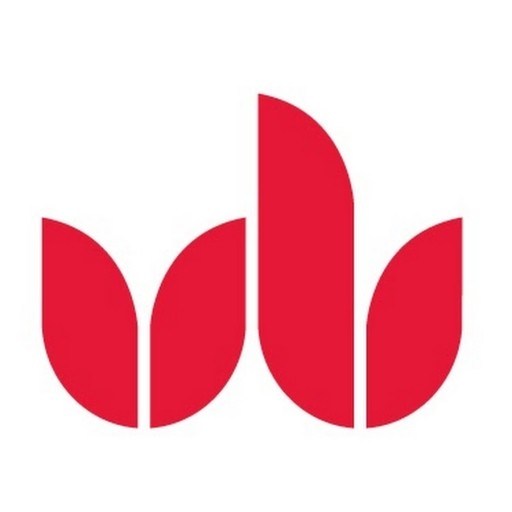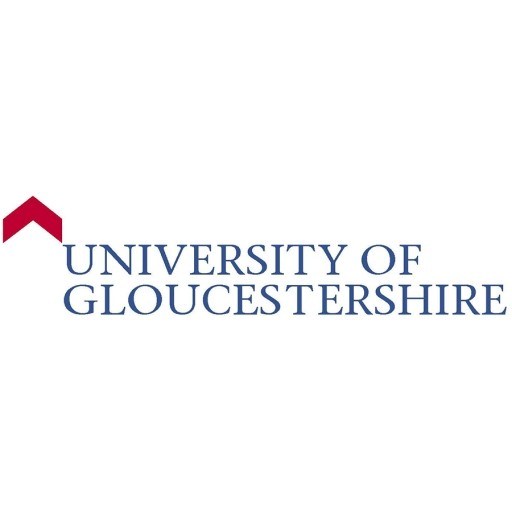Photos of university / #uniofbeds
This undergraduate program in Media Arts (Mass Communications) at the University of Bedfordshire offers students a comprehensive and practical education in the dynamic field of media and communication. Designed to equip students with both theoretical knowledge and hands-on skills, the course covers a wide range of topics including journalism, broadcasting, digital media production, public relations, advertising, and media analysis. Students will explore the evolving landscape of digital technologies and their impact on society, gaining an understanding of how media influences public opinion and culture. The program emphasizes creativity, critical thinking, and technical proficiency, encouraging students to develop innovative media content for diverse platforms such as television, radio, online media, and social networks. Through a combination of lectures, workshops, and real-world projects, students will learn essential skills in storytelling, media ethics, audience engagement, and media management. The course also offers opportunities for placements and internships, allowing students to gain valuable industry experience and build professional networks. Additionally, students will have access to state-of-the-art facilities, including editing suites and recording studios, to practice and refine their craft. The program prepares graduates for careers in journalism, media production, broadcasting, public relations, digital marketing, and other related fields. With a flexible and modern curriculum, the Media Arts (Mass Communications) program aims to develop confident, competent professionals ready to contribute to a rapidly changing media environment. Graduates will leave the course with a critical understanding of media practices, a portfolio of work, and the skills necessary to succeed in a competitive industry.
The Bachelor of Arts in Media Arts (Mass Communications) at the University of Bedfordshire offers a comprehensive exploration of the dynamic world of media and communication. The programme is designed to equip students with a broad range of skills and knowledge necessary to succeed in various media industries, including broadcasting, journalism, digital media, advertising, and public relations. Throughout the course, students will engage with the fundamental principles of media theory, the history and development of mass communication, and contemporary issues facing media practitioners today.
The curriculum combines both theoretical and practical modules, allowing students to develop critical thinking, creative skills, and technical expertise. Core modules typically include media production, journalism skills, media law and ethics, digital storytelling, and media analysis. Students will have opportunities to create their own media content, participate in live projects, and undertake placements with industry partners, providing valuable real-world experience. Advanced modules may focus on emerging areas such as social media strategy, multimedia storytelling, data Journalism, and media management.
The programme emphasizes the importance of understanding audience engagement and the impact of media on society, preparing students for diverse roles within the media sectors. Students are encouraged to develop a reflective and ethical approach to media creation and dissemination, ensuring they can adapt to rapidly changing technological landscapes. Graduates of the Media Arts (Mass Communications) programme are well-equipped to pursue careers in media production, journalism, broadcasting, digital content creation, and communication consultancy, among other fields. The university’s strong industry links, dedicated media labs, and support services help facilitate internships and networking opportunities, fostering a pathway from education to employment in this vibrant field.
Program Requirements:
To enroll in the Media Arts (Mass Communications) undergraduate degree program at the University of Bedfordshire, prospective students must meet specific entry criteria. Applicants are typically required to have completed secondary education with strong academic performance, often demonstrated through at least five GCSEs at grade C or above, including English Language and Mathematics. For those whose first language is not English, evidence of proficiency such as IELTS with an overall score of 6.0 or higher is usually necessary.
In addition to academic qualifications, applicants may need to submit a personal statement outlining their interest in media arts, creativity, communication skills, and motivation for pursuing this degree. Depending on the application route, interviews or portfolio submissions might be required to assess relevant skills and interest levels, particularly for applicants without traditional qualifications but with relevant experience.
International students must also provide proof of their English language proficiency and may need to meet visa requirements as stipulated by UK Visas and Immigration. Applications are generally made through the university's online application system, and prospective students are advised to review specific course entry guidelines, which can include additional requirements such as references or relevant work experience.
Once admitted, students are required to attend the university's orientation sessions, adhere to academic regulations, and participate fully in coursework, projects, and assessments designed to develop their understanding of media, communication theories, digital media production, journalism, and related subjects. Continuous academic performance evaluation ensures students meet progression standards and successfully achieve learning outcomes for graduation.
The financing options for the Media Arts (Mass Communications) program at the University of Bedfordshire are designed to support both domestic and international students throughout their studies. Students are encouraged to explore various funding sources, including government-funded student loans, scholarships, and bursaries offered by the university. For UK residents, the standard funding route involves applying for the Student Loan Company (SLC) loans, which cover tuition fees and provide maintenance support. These loans are repayable once the student’s income exceeds a certain threshold after graduation. International students are generally required to fund their studies privately; however, the university offers a limited number of scholarships and competitions that can help offset tuition costs.
The university's scholarships for media students typically reward academic excellence, talent, or financial need, and applicants are advised to check the specific criteria and application deadlines on the university’s official website. Additionally, the university may provide bursaries for certain categories of students, including those from underrepresented backgrounds or with specific skills relevant to the media industry. Apart from institutional funding, students might consider external sources such as family contributions, private loans, or sponsorship opportunities in collaboration with media industry partners.
Students are also encouraged to seek part-time work, internships, or placement opportunities during their study period, which can provide practical experience and additional financial support. The university’s Careers and Employability Service offers guidance on job hunting, CV writing, and interview preparation to help students find suitable part-time roles. Furthermore, students should be aware of potential funding opportunities for postgraduate studies if they choose to continue their education.
In summary, the financial support for the Media Arts (Mass Communications) program at the University of Bedfordshire includes government loans for eligible students, university scholarships and bursaries, external funding sources, and personal employment strategies. Prospective and current students are advised to consult the university’s official resources regularly for updates on funding options, application procedures, and deadlines to ensure they can effectively plan their finances for the duration of their studies.
The BA (Hons) in Media Arts (Mass Communications) at the University of Bedfordshire offers students a comprehensive education in the dynamic field of media and communication. The programme is designed to equip students with a broad range of skills essential for careers in journalism, broadcasting, digital media, public relations, advertising, and other related industries. Throughout the course, students explore fundamental theories of media and communication, while also gaining practical experience in producing content across various platforms such as television, radio, online media, and print. The curriculum covers key topics including media ethics, audience analysis, media law, media production techniques, and digital storytelling, preparing graduates to adapt to an ever-evolving media landscape.
The programme emphasizes a blend of academic theory and hands-on practical skills, enabling students to develop critical thinking, creativity, technical competence, and professional awareness. Students have access to state-of-the-art facilities, including media labs, editing suites, and broadcasting studios, which allow them to practice and refine their craft in real-world scenarios. The course often includes opportunities for industry placements and collaborations, providing invaluable experience and networking opportunities that can enhance employability after graduation.
Teaching methods involve lectures, seminars, workshops, and project-based assessments, encouraging collaborative working and independent research. The programme also fosters a global perspective, encouraging students to critically analyze media systems and content from diverse cultural contexts. This focus helps prepare graduates for the globalized nature of media industries today. Graduates of the programme have gone on to work in various roles such as media producers, content creators, journalists, media analysts, and digital marketing specialists. The University of Bedfordshire’s strong links with industry partners and its career support services further aid students in securing employment after completing their studies.
Overall, the Media Arts (Mass Communications) programme aims to produce graduates who are technically proficient, creatively innovative, ethically aware, and ready to make significant contributions to the media sector worldwide. It is suitable for individuals passionate about media, communication, and storytelling, seeking to develop both theoretical knowledge and practical expertise in a supportive academic environment.









